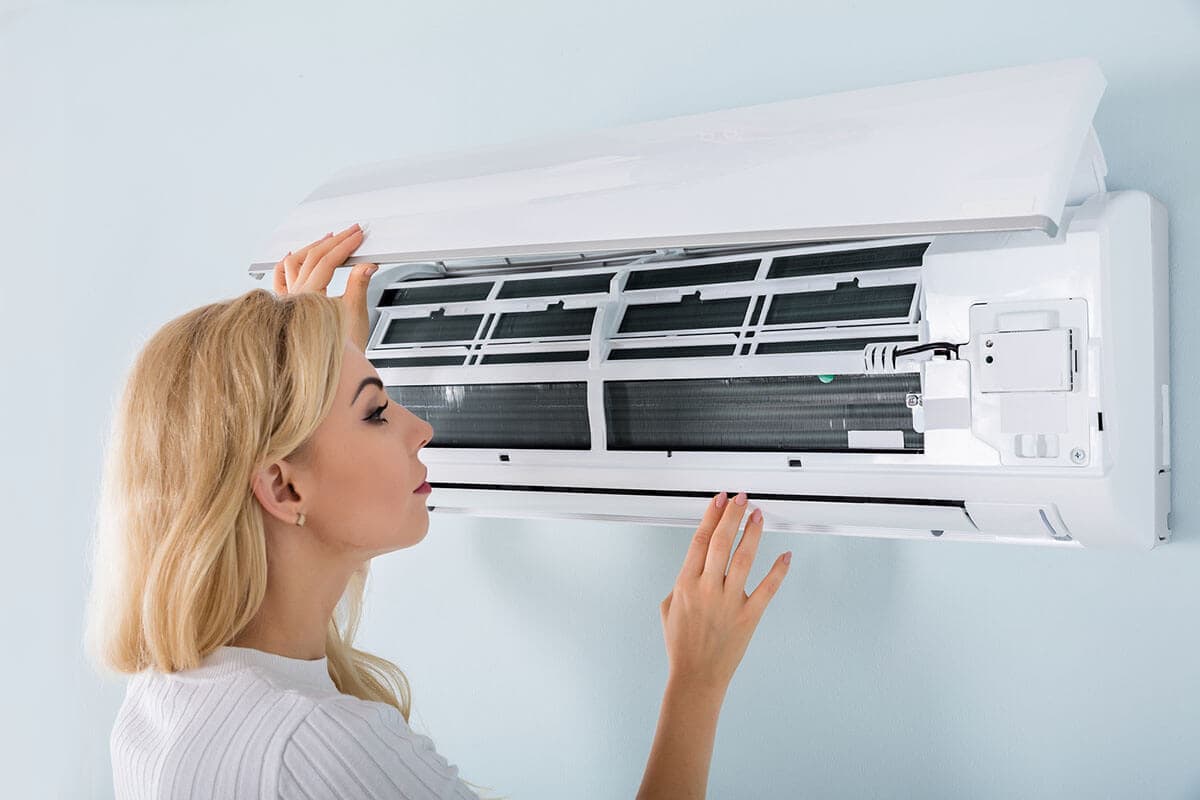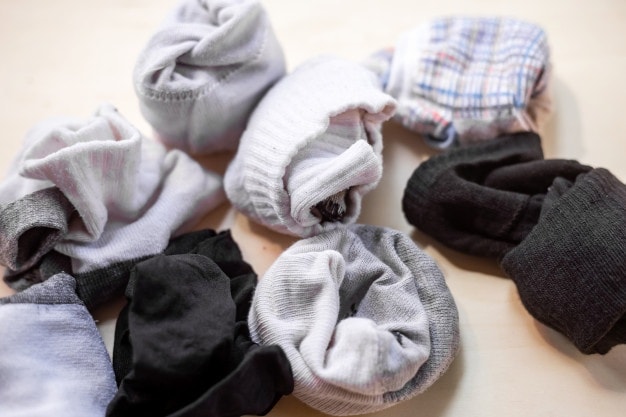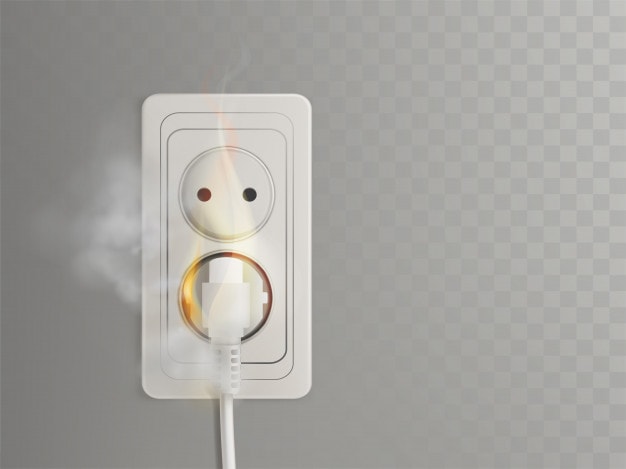Your HVAC system is constantly circulating air around your home, whether that be while heating or cooling. It is not uncommon, then to find that you can smell some funky smells coming from the vents of your HVAC system.
Sometimes these smells are more or less harmless, causing more of a nuisance than a serious problem. Other times these smells can indicate that something is seriously wrong and you may even need to evacuate your home.
In this article, we are going to be exploring some of the most common HVAC smells. We will be letting you know exactly what these smells may mean for you, your HVAC system, and your home.
As well as this we will also be looking at what your next steps should be after smelling them. So, if your HVAC is producing some strange smells, or you just want to stay informed if that does happen, then this is the article for you!

Rotten Eggs or a Sulfur Smell
Smelling a sulfuric, rotten egg smell in your home is never pleasant, and unless you do have some rotten eggs in the kitchen somewhere, it can be a cause of worry for you to start smelling this for no apparent reason. If you smell this coming from your HVAC system, then the likelihood is that it is coming from natural gas.
Now, natural gas doesn’t produce an odor, but HVAC manufacturers add sulfur to the system to detect natural gas, emitting this smell when it detects it. This is to alert you that natural gas is present and that there may have been a gas leak. If this happens it is important to work quickly.
Turn off the HVAC system, open all the doors and windows, and then evacuate your home immediately. Grab your family and pets and evacuate as soon as possible. When you are safely out of the home you should call the gas company immediately as an emergency.

If they come out and can find no evidence of a gas leak then you should call your HVAC manufacturer for help. It may be that there is some decaying matter in the system somewhere, such as a mouse, or bird. This can also give off a rotten egg smell. In this case, you will also want to call for a professional to help you. In the first case, you will likely need an HVAC technician, and then perhaps someone from pest control if the problem is more widespread than you thought.
Musty, Damp Odor
This unpleasant musty smell is one of the most common smell complaints that occur with HVAC systems. Typically this smell indicates that there is a build-up of condensation in your HVAC system. This happens when it isn’t draining properly and is not doing the job of condensing the moisture from the air as it recirculates. To fix this problem you should call out an HVAC engineer to come and take a look at it.
The best way to prevent this is to have regular maintenance checks where they will clean it and replace anything that has stopped doing its job. Most HVAC companies and manufacturers will recommend that you get a tune-up at least twice a year to help prevent this sort of build-up and musty, damp smells.
Dirty Socks Smell
This smell is often noted alongside the musty, damp odor we discussed in the previous point. It has been the blight of HVAC engineers all over the country since the beginning of their careers. The cause of this scent is linked to the build-up of condensation in the system.

If this condensation is left to build up for long periods of time then this can cause mold and mildew to grow.
This can then cause harmful bacteria on the coils of the evaporator.
In turn, your HVAC system can emit a smell that resembles the smell of dirty socks. This affects the air quality in your home, and if left unchecked it can even cause respiratory issues.
To deal with this ensure you call out an HVAC engineer who will run maintenance checks and may recommend the installation of a UV light that is designed to get rid of germs and bacteria. It will also be beneficial to you to ensure that you get a maintenance check done regularly, scheduling a tune-up twice a year to help prevent condensation build-up.
Burning Plastic or an Electric Smell
This sort of smell is enough to send anyone into a panic and we can understand why. It could be down to something inside overheating or could be that something inside has caught fire. Whatever the issue, it is certainly a worrying one and one that must be dealt with sooner rather than later.
Even if you cannot see signs of a fire, you should turn off the system and call out for an HVAC engineer as a matter of urgency. Leave this in the hands of a professional and seek help immediately.
Even if it turns out to be nothing serious, it is far better to err on the side of caution. Your engineer will be able to solve any problems much faster and easier than you and will replace any parts that have overheated right away to make them safe for use.

Urine or Feces
No one wants to smell this in their homes, especially if you do not have pets at home, you may begin to feel paranoid that an animal has snuck in. Before you start to blame your loyal Fido or Tom, it is worth calling out an engineer to check if there is an animal infestation somewhere within your HVAC system.
It is common for mice to nest within our systems, and where they nest they also urinate and poop. This can cause the smell to be circulated right around the house. In turn, it can cause health issues for you and your family. Get it dealt with immediately, and chat to your engineer or the manufacturer about how you can mouse-proof the system.
Final Word
We hope that our article on Common HVAC Smells and What They Can Mean has proved useful for you. If you are currently experiencing any of these smells or any other strange smell that we have not listed, then we recommend that you get in contact with the manufacturer of your system or an HVAC engineer directly as they will be able to help direct you to the best course of action.
We want to reiterate the importance of calling professionals for help, even if you feel there is nothing wrong. As you can probably see by now, what may seem like a harmless nuisance can potentially turn into something dangerous, causing respiratory issues, illness, and potentially even a major gas leak.
